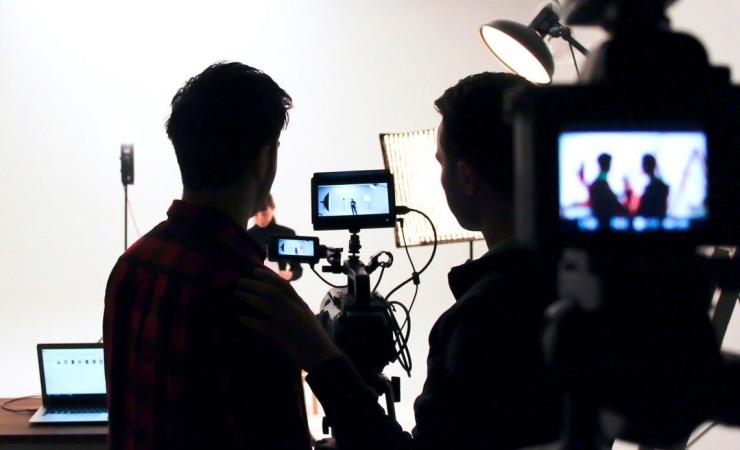
What does it take to put together a tour schedule that works? Of course it involves a lot of organisation and planning, but there are things you can do to get it right and make sure everything goes as smoothly as possible. According to Adam Moon, National Operations Leader at Stage and Screen, “it really comes down to trust, relationship is absolutely key, and planning, planning, planning.”
Planning
Building a tour schedule is all about the planning. Budgeting is probably the biggest part early on, says Adam, and requires a lot of guesswork based on years’ worth of experience. For example, aiming for a two-day buffer on either side of an event allows for flexibility later on. And definitely start booking early – hotels, flights and cars are all limited, so put these on hold sixth months ahead.
Know your client
Always make sure your tour is specifically tailored to the client. This means knowing what everyone involved needs, and being detail-oriented. “It’s really about trying to understand the artist,” says Adam. For example, if there are dancers or acrobats, having a room with a bathtub is essential, because they will often need to take ice baths to recover. Then there is the issue of what to do with the incredible wardrobe of an A-list artist. “You can imagine the costumes they have with them, even just their everyday outfits – one artist wore a different outfit every time they left the hotel” says Adam. The solution? Booking connecting rooms, removing all the furniture and setting it up like a giant walk-in wardrobe, filled with racks and racks of costumes.
Trouble-shooting
Flights get delayed, cars break down, luggage gets lost – what do you do if something goes wrong? Adam points out that contingency plans can be difficult. “Touring all happens in summer so it’s not just one band on the road in Australia – often it’s 15 to 20. There are festivals happening at the same time across Australia, then you have things like major sporting events,” he says. “It’s really important that we do get it right.”
As Fuzzy’s Touring Assistant, Stephanie Holley has extensive experience managing the logistics for huge festivals like Field Day in Sydney and Listen Out. "Building in a buffer or contingency is key to putting together a tour schedule that works, especially for festivals," she says. “If a schedule is really tight you have less flexibility to adapt when something unexpected or beyond your control occurs which can then create a domino effect on everything else.”
Be on-call
Even with the most diligent planning, unexpected things happen and they need to be fixed quickly and efficiently. He recalls the problem of an artist who travelled from Adelaide to Brisbane without the dress she needed to wear on stage that night. Crisis was averted by arranging for someone they trusted to pick it up, get on a plane and fly it up in person. That sort of organisation and quick thinking is essential. At Stage and Screen, once the tour lands in Australia, the person who planned it is on call 24/7.
Building relationships with suppliers
“A successful tour 100 per cent comes down to dealing with the right suppliers,” Adam insists. You need people that you trust and who can handle anything. This means growing a list of direct contacts, because you cannot just call the hotel lobby or an airline helpdesk. Say there is a leaky shower in the room: the general manager would be contacted to make sure it is repaired as soon as the room is empty. Of course, for a lot of big acts, privacy is a pressing concern. Adam reveals that this was paramount when they recently looked after one of the biggest tours to come to Australia. He said they relied on a close relationship with the artist's security team. “Decoys, undercover parking and back entrances were critical” he says.
Making sure you have the right hotels is essential. "Hotels want to work with us all the time", says Adam. But it's not just about offering the most luxurious room. They need to be able to handle everything and anything that's thrown at them, and it needs to be resolved instantly. “People think it’s all glitz and glam but it really isn’t, it’s very high demand.” The hotels really need to be up to the task.
Using the right tools
With so much happening in a tour schedule, everything has to be tracked. In terms of innovation, Stage and Screen is exploring game-changing technology that could change the face of touring logistics as we know it.
Written by By Kate Robertson


